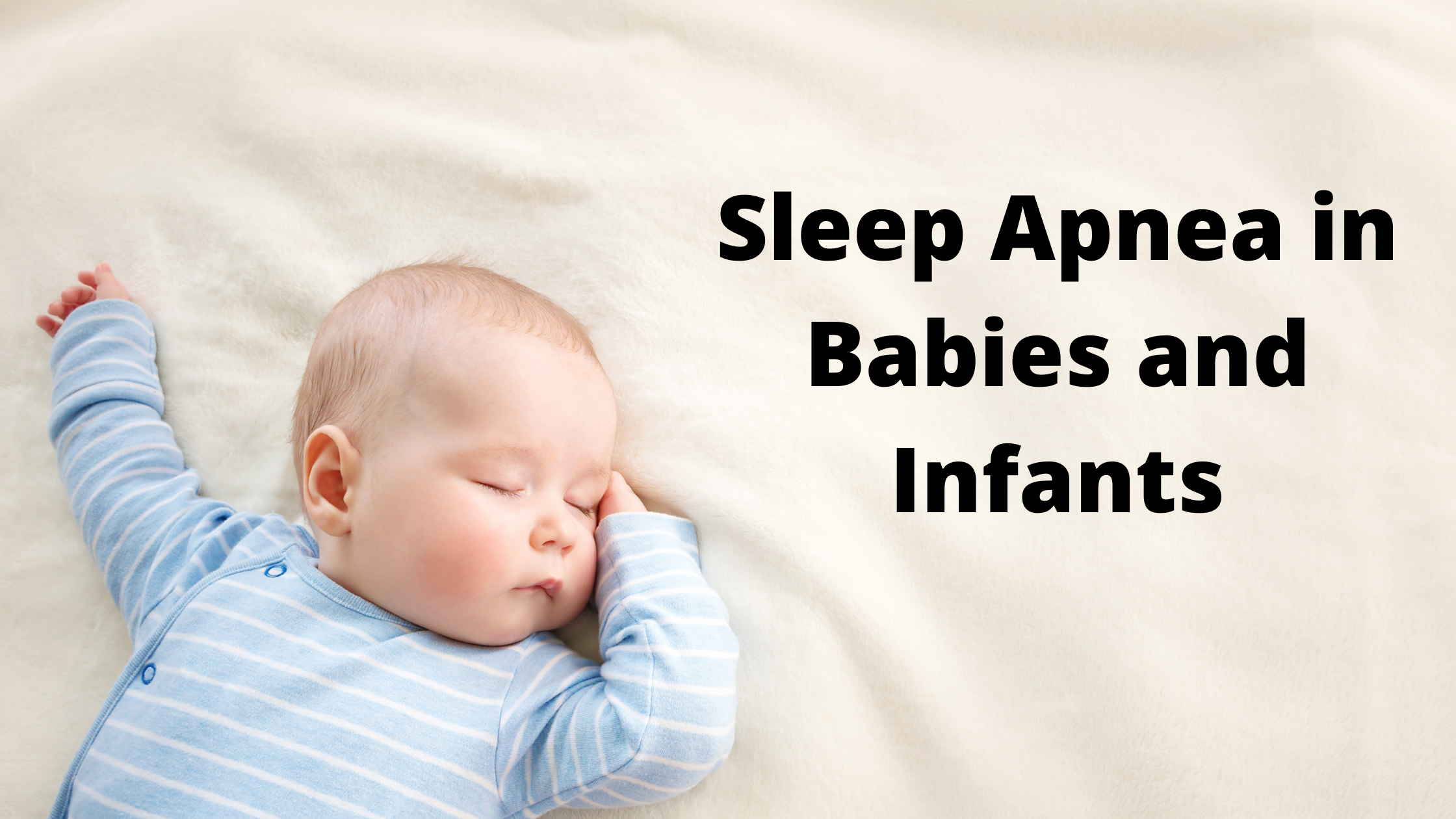
Sleep apnea is a sleep disorder that causes interruption in breathing during sleep. Sleep apnea is very common in adults, but can also happen in infants and newborns, especially those who are premature or have low birth wait.
Sleep is vital to a baby's growth and development. Other sleep disorders and sleep apnea can all prevent newborns and infants from getting the sleep that they need to grow and develop. Without treatment, they will be at risk for long-term sleep complications.
Knowing more about sleep apnea in babies can help parents become adequately prepared for ensuring the safety and health of their newborn.
What is sleep apnea?
Apnea is a medical term that describes momentary pauses in breathing. Apnea is very common in newborns because they o not have the brain development or lung development to continuously breathe on their own. Babies can experience apnea at anytime - awake or asleep - and at any age.
To be diagnosed, these pauses must be at least 20 seconds long. There are three types of sleep apnea. Obstructive is when there is a blockage, such as muscles in the back of the throat that relax and obstruct the air passing through. Central sleep apnea is when the brain doesn't signal for breathing whatsoever, and there is no effort to breathe. A mix is when there is a mix of central and obstructive sleep apnea.
Causes
Almost all infants born before 28 weeks will experience apnea because of the immaturity of their lungs and the lack of surfactant. Surfactant is a substance produced by the lungs that helps reduce surface tension and prevents the lungs from collapsing.
Some common factors that can increase the risk for OSA specifically include a small airway, gastroesophageal reflux (GERD), cleft palate, neuromuscular disorders like down syndrome and cerebral palsy, and secondhand smoke.
Central sleep apnea is normally due to an underdeveloped brain stem so they are extra sensitive to issues that can impact the brain's respiratory center and cause central apnea. Factors that increase risk include infections like meningitis or pertussis, GERD, head trauma, exposure to toxins, metabolic disorders, and Down syndrome and Arnold-Chiari Malformation.
Symptoms
Any pauses in breathing that last longer than 20 seconds is considered an apnea. Common signs include:
- Snoring
- Labored breathing
- Frequently waking
- Recurrent respiratory infections
- Mouth breathing
- Sweating during sleep
- Difficulty swallowing
- Developmental delays
If you notice any of these symptoms in your child, or have concerns about their breathing, then please talk to your pediatrician as soon as possible.
Diagnosis and Treatment
Doctors routinely monitor a newborn's breathing rate after delivery. ANy issues will be noticed and they will looks for associated congenital issues that could be influencing factors.
When infants leave the hospital, caregivers and parents and talk with the pediatrician about any concerns which may lead to questions about the environment and a range of tests depending on the baby's symptoms.
Physical exam will be the first step pand then a polysomnography, which is a sleep study. This is the gold standard for diagnosing sleep apnea.
Doctor may also use a flexible tube with a camera to perform an airway endoscopy to determine if the cause is an airway blockage, as well as the severity of the condition.
Finally, doctors may also use imaging tests like neck X-rays and computed tomography (CT) scans that can be used with other tests to help doctors visualize the anatomy of the upper airway.
Treatment depends on many factors. Many preterm babies will grow out of the symptoms. If that doesn't happen, then treatment may just be supportive for mild symptoms and other interventions like positive airway pressure and surgery for more severe cases.
If you are concerned about your child, please click the orange button below to take the free online sleep test and speak with one of our sleep health professionals.
https://www.sleepfoundation.org/sleep-apnea/infant-sleep-apnea

